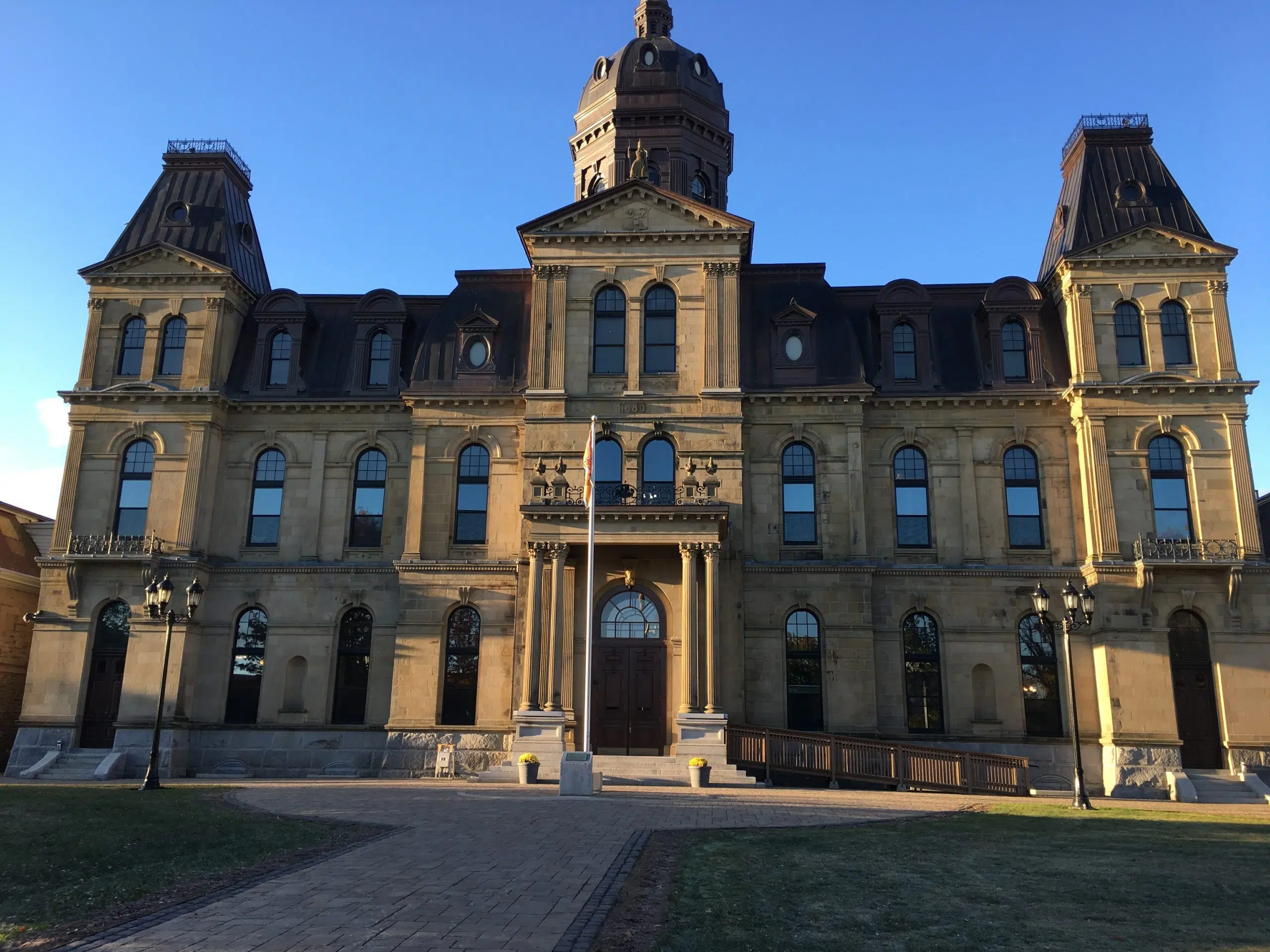New Brunswick went several weeks without any legislative child protection or adoption provisions in effect.
But the province’s justice minister said the “error” did not lead to any children or youth being negatively impacted.
Ted Flemming said protecting children “is of paramount importance” and “the safety of vulnerable children has been maintained.”
“As soon as the department became aware of the error, we acted to have it corrected,” Flemming said in a Friday news release.
The government brought forward the Child and Youth Well-Being Act to modernize part of the 40-year-old Family Services Act.
Sections of the old act were repealed in December before the new legislation could be proclaimed and brought into effect.
The province was forced to proclaim the new legislation earlier than anticipated last Thursday to close the legislative gap.
Flemming said the government is working to ensure no actions taken during the gap period are invalid or overturned.
It plans to introduce legislation in the spring to retroactively address the gap between Dec. 13 and Jan. 25.
Union concerned about staffing shortages
Meanwhile, the union representing social workers in New Brunswick is raising concerns about the new legislation.
CUPE’s Shawna Morton said stand-alone legislation for child and youth well-being is long overdue, noting New Brunswick was the only province without it.
But speaking with reporters on Friday, the president of Local 1418 said New Brunswick is struggling to recruit and retain social workers.
“Social work is the second highest vacancy rate in the province. It’s next to nursing in terms of where we are at staffing,” said Morton.
“I’m not going to say it isn’t a great movement to have an act like this. But there will be no difference in how we can manage our services without additional staffing.”
Without increasing the number of social workers, Morton said they will have to pick and choose what they will be able to do under the new legislation.
“We are not equipped at this time to roll that act out,” she said.
Highlights of new child and youth well-being legislation, which serves children in care to age 26 instead of 19, include:
- Decreasing formality and increasing flexibility for court processes.
- Recognizing the importance of the child or youth’s connection to their family, culture, language, religion, faith or spiritual beliefs, and community, especially for Indigenous children and youth.
- Prioritizing placing children or youth with people they know in their own community if they are not living in the parental home due to protection concerns.
- Increasing decision-making authority for relatives who are caring for a child or youth.
- Improving information-sharing among the department and its partners.








